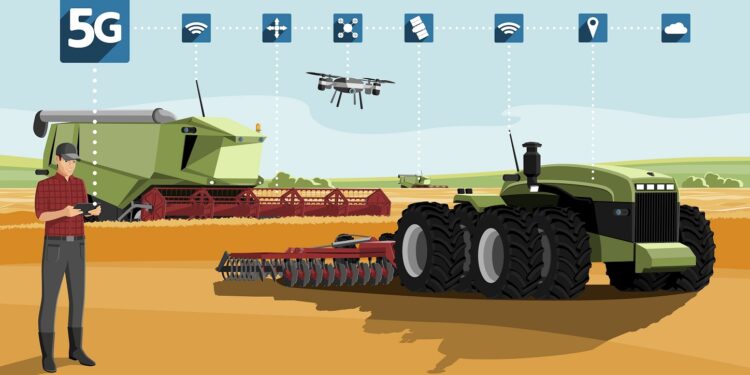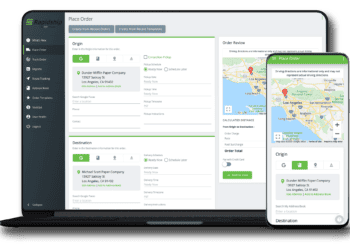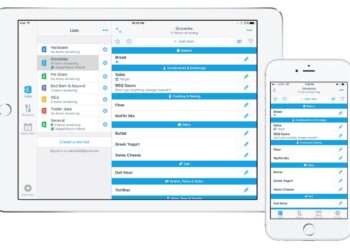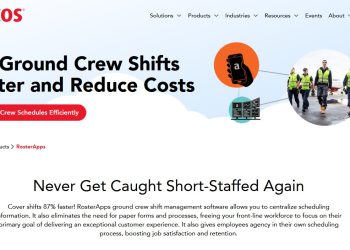The field service industry is quite ironic. It usually works with highly advanced technologies to keep clients’ access to such things interrupted. Yet, the field service technicians themselves often do so offline and without access to the technological brain centers of their respective organizations. They’re often left on their own. Some are still given job orders on pieces of paper or clip boards, such as to troubleshoot client equipment and reconnect them to 5G tech.
It doesn’t have to be that way. There are a lot of emerging technologies that can enhance the field service industry. For one, businesses should consider getting a seamless field management software, which can help their technicians become more productive and connected with the rest of their organizations.
Here are some of the emerging technologies in the field service industry, which will have a significant impact in the coming years.
1. Integrated System And Platform
The first thing that any enterprise should focus on to make the most of all the emerging technologies in the field service industry is to unify its system and processes by establishing an integrated system and platform for operations. The objective here is to combine field service capability with workflow management and asset management by unifying them into a single software package.
This has to be done because most field service organizations work offline, use outdated tools, and don’t have access to customers’ service accounts. Most businesses have adopted disparate systems and technology for field service. These systems are usually operated in isolated silos, with no capability to interact. Luckily, there are IT consulting firms that can help with digital transformation.
The irony here is that field service technicians are, perhaps, the only employees with whom customers will ever have any face-to-face interaction. They’re practically customer service in action. Yet, oftentimes, they don’t have access to customers’ accounts other than what they need to troubleshoot and repair. This is true even among telecom and Internet service providers, which are supposed to provide high-technology infrastructure.
2. Work Productivity Tools
Other emerging technologies in the field service industry are those that can enhance work productivity and efficiency among technicians. Some examples are diagnostic applications, which give them a quick view of the customers’ account profiles, customers’ hardware and OS/ software, history of issues, complaints, and prior services done, if any. These tools will enable field service workers to go over customers’ accounts before heading to their home or office.
Mobility solutions are also part of work productivity tools. Mobility solutions will give field workers access to customers’ account and information, as well as any update to their schedules or additional instruction, even if they go offline. These can also help your office reroute technicians if an appointment is cancelled, an assigned technician becomes indisposed, or more help is needed from more experienced teammates. Field teams can collaborate using these solutions, too.
3. Prevention-Oriented Technologies
Even though the field service industry is still transitioning to the era of Internet of things (IoT), artificial intelligence (AI), and machine learning (ML), there are other emerging technologies that can help companies implement a prevention-oriented strategy instead of a break-fix approach. A prevention-oriented network infrastructure and equipment maintenance strategy will focus on preventing any unscheduled downtime or unexpected equipment breakdown. This kind of approach will reduce work disruptions and mitigate company losses.
An integrated network infrastructure management and monitoring system will definitely be a lot of help to field service technicians if they can access the company’s networks, databases, and servers. This kind of technology will also enhance teamwork and real-time collaboration between those in the office operations center and the field teams. The result is better work synergy, faster issue resolution, and improved work efficiency productivity. Some field mobility solutions are even being packaged as wearable tech.
4. Next Generation Technologies
Of course, there are these next generation technologies, which will most likely have an impact on the way that field service teams operate. An example of these next generation technologies are intelligent transportation technologies. Driverless vehicles will soon enhance field work efficiency. Instead of driving, field technicians can use the time to go over the customers’ accounts, prep their engagement, and map out their troubleshooting solution. Driverless cars can also pick-up and load on their own the spare parts and tools needed by technicians.
Drones are also an exciting technology that will soon have an impact on field service work. Drones can help technicians get a better view of hard-to-reach inspection or troubleshooting sites. They can also be used to pick-up damaged parts or deliver spare parts, increasing the potential for first-contact resolution (FCR). This will save the company expenses from subsequent visits, enhance customer satisfaction and impression, and enhance worker productivity.
Technology For Teamwork
Businesses should rethink the way that their field service technicians and teams are sent out to work. There are now emerging technologies that can improve the interoperability of office network centers, field service teams, and customer service operations. These three areas are most important for a customer-centered business operations strategy. Businesses can adopt these emerging technologies to enhance the teamwork for customer satisfaction, higher profits, and worker productivity.






